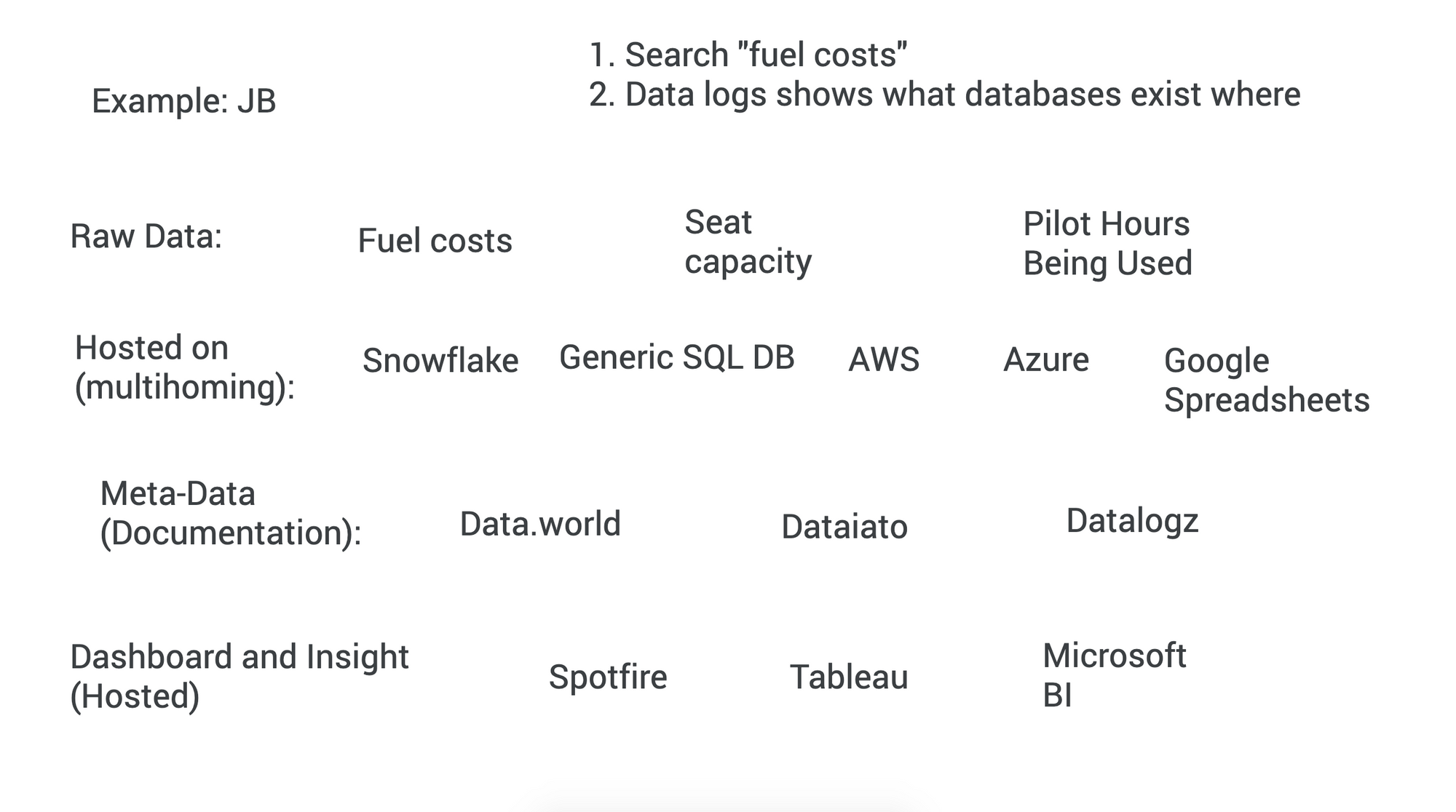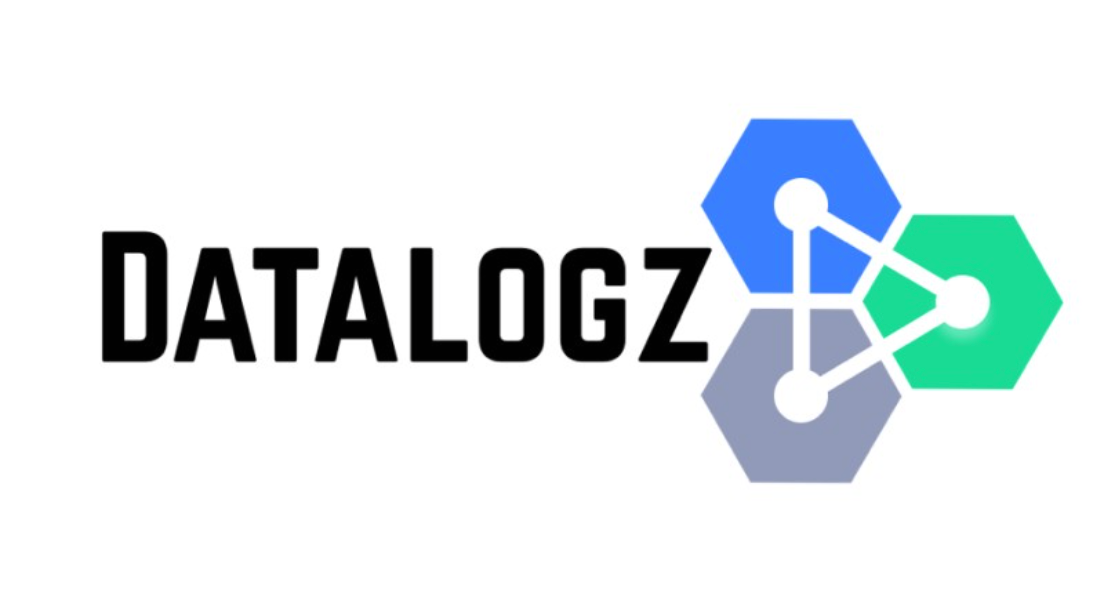The Ask: Datalogz helps lean organizations map all their data fields from across multiple databases in one place. Best part, it doesn't require access to your government/sensitive data. If you or somebody you know might be interested in the product, please reach out or forward them this article.
ARMT
This week I had the pleasure of chatting professionally with my friend Logan Havern. Logan and I have a mutual friend in common, through my Venture for America network. Logan wanted to sit down to talk about funding, given my work. I prepped some answers to frequently asked questions and we deep dove from there.
Logan, who works full-time in JetBlue Airways in Data and Engineering, has been building a prototype of his data science tool, Datalogz, on the software platform Bubble. (Bubble is a powerful SaaS tool that allows people to build full web apps without code.) His product looked legitimate, but I was too unfamiliar with the data science space to understand it at first glance. So, the task fell on me to understand the ecosystem on our meeting.
TCOB
My specialty in startups is business operations and technology. Although I understood the value of data science, I had seldom been a direct beneficiary. To put it into perspective, if you're a startup with less than 10,000 customers/emails, it's unlikely you're going to have the budget/priority to hire a data scientist as well as the accompanying software tools they need. In my mind, the need for data science comes post-Series A (raising $3-5m round on a $15-$25m valuation.)
Happily, Logan's patience, Google Meet, and their new Jam board feature, this is where I landed in mapping the various players:

In essence, the purpose of data science is to help me understand insights from my organization. As an organization expands, different teams start to house data in different databases. Marketing keeps CPM, CPC and CAC in one set, Finance keeps ARPU, AR, bills owed in another, and so on and so forth. Further, as an organization grows larger, different teams increasingly have more specialized, limited access to each other's data. As an example, if I, Muhan, wanted to see why my paying subscribers have suddenly spiked, I have full access to my Google Analytics (Marketing, website traffic,) Stripe (Finance, payments,) and email inbox (Customer Success, operations.) Intuitively, I have a "map" of my entire technology stack, where all the data resides, permission to access all that data, and can go into the appropriate system where needed.
Solving for this gap is what Datalogz (and its competitors, Data.World, Dataiato) does. And with this, I was able to understand Datalogz current positioning as a business:
- Cheaper than existing enterprise solutions such as Data.world (Insense to SocialNative)
- Used for low-budget organizations with a lot of data, especially if that data sits in a lot of different Google spreadsheets/restrictive data warehouses
I later confirmed it with my other data science friends and colleagues, who confirmed I had mapped a working—if somewhat, basic—understanding of the ecosystem. (For those interested, I'll post screenshots of those notes at the bottom. They're quite lengthy.) For example, I still don't know where Civis plays into all this. In addition, R, Python, and Stata all seem to be tools used in this industry.
RRM
After gaining an understanding of Logan's product and some feedback, we agreed to set up a follow-up meeting to see how he progresses. I personally don't think he needs venture funding at this moment, but through this meeting have walked away with:
- Better understanding of the data science competitive landscape
- Trusted expert whom I can personally tap for future investments
- Positive impression from a founder who will likely intro me to other founders should they be working on interesting things and want funding input
Thanks to Logan Havern, Parth Patil, and Robin Tully for tutoring me in my data science education. You're all working on interesting things and I look forward to vigorously supporting your projects.
Takeaways and Closing Remarks
- If you're interested in Logan's startup Datalogz, check out the demo here. In addition, here's a feature from Bubble covering the web app.
- Please forward this article to any friends/colleagues who may be interested. Investors helping founders find customers is the definition of value-add.
- Lastly, if you're a founder working on interesting things and would like to pitch to an audience of startup investors, reach out to mail@muhanzhang.com and let's go from there.
Further Notes



